In the latest news, Ecuador’s government has taken the bold step of declaring Mexico’s ambassador ‘persona non grata’ following the provocative comments made by Mexican President Andrés Manuel López Obrador about Ecuador’s unrestrained 2023 presidential elections. The escalating diplomatic tensions between the two nations shed light on the sensitive nature of international relations in the wake of political violence.
What Was the Declaration by Ecuador?
Mexico’s ambassador has been formally declared unwelcome to the country by Ecuador’s government.

After they cited what they termed as ‘unfortunate’ comments from the Mexican president about the nation’s violence-plagued elections last year, the foreign ministry of Ecuador conveyed that Raquel Serur Smeke, a Mexican ambassador in Ecuador should depart the country “soon.” The minister branded her as a “persona non grata” in an official statement.
What Were López Obrador’s Controversial Remarks?
The remarks by Mexican President Andrés Manuel López Obrador that sparked such a huge controversy were made regarding the assassination of Ecuador presidential candidate Fernando Villavicencio.
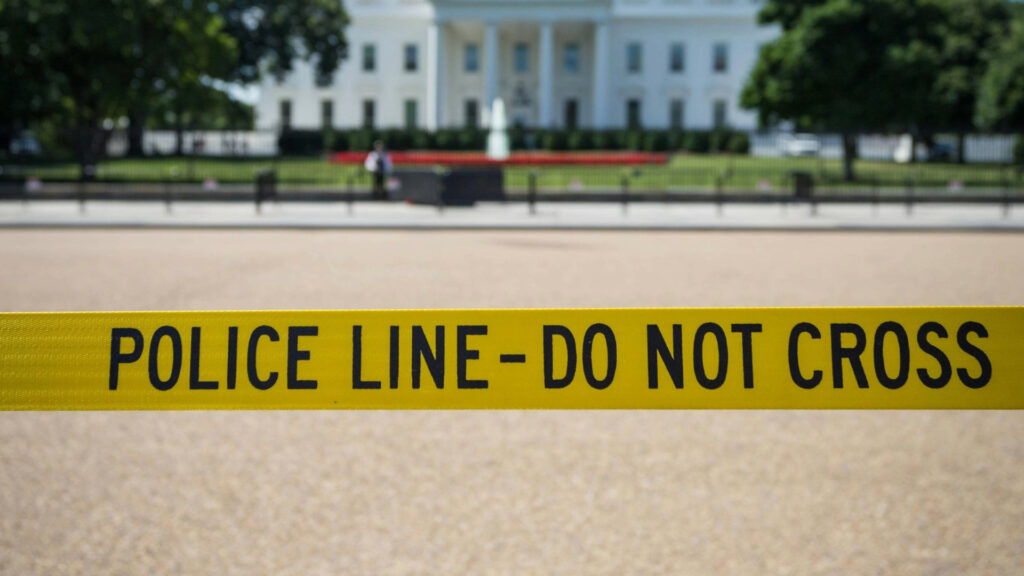
The Mexican President compared the incident to the recent violence in Mexico’s ongoing elections. He further suggested that there was a correlation between Villavicencio’s killing and Ecuador’s electoral outcomes. He went on to imply that these assassinations changed the voting trend, especially in regard to the leading female candidate.
What Were the Accusations Against Mexican Media?
López Obrador’s recent remarks target the Mexican media as well. He blamed their involvement in spreading electoral violence and corruption.

He targeted media outlets, and stated, “I’m talking about this so that owners of media outlets and those who are participating in these campaigns take responsibility.” He also accused them of bias and participating in creating a “charged atmosphere of violence” during the election campaign.
Ecuador’s Response and Mourning
Ecuador had an extremely strict response to López Obrador’s comments. The foreign minister of Ecuador emphasized the nation’s ongoing mourning over Villavicencio’s assassination.
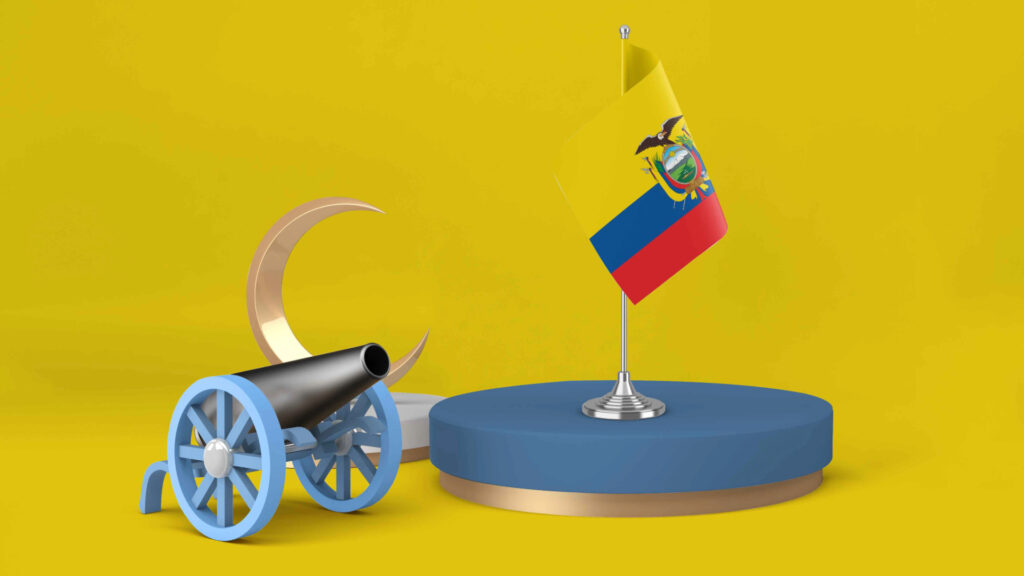
The ministry also backed up Ecuador’s commitment to the principle of non-intervention in the internal affairs of the countries. This statement by Ecuador underscored the significance of Villavicencio’s death, showing how it was a threat to the democracy, peace, and security in Ecuador.
Appointment of Daniel Noboa
After the electoral turmoil and the assassination of a competing candidate Fernando Villavicencio, Daniel Noboa assumed office as Ecuador’s president in November.
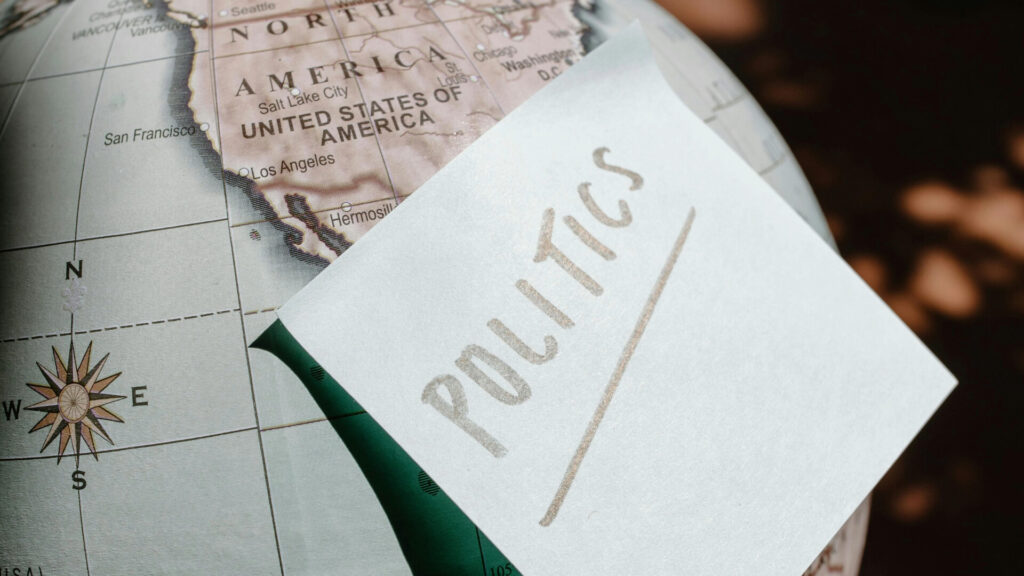
On the promise to address issues of drug-related violence and insecurity, Noboa served a transition in Ecuadorian politics as there was a potential shift in domestic and foreign policy agendas. His administration is now faced with the challenging task of dealing with crime and restoring stability in the aftermath of the past elections.
What Was Correa’s Reaction and Critique?
Former Ecuadorian President Rafael Correa was not so happy with Ecuador’s decision to expel the Mexican ambassador. He questioned the seriousness of the diplomatic move indicating how deep of an impact this will possibly leave.

As his continued influence on the public discourses is well known, his response highlights the political divisions within Ecuador, raising concerns within the public as well. His concerns stress a broader matter about the government’s handling of diplomatic relations and its impact on regional dynamics.
Vienna Convention and Diplomatic Relations
Ecuador’s invocation of the Vienna Convention on Diplomatic Relations shows the legal basis that led to them declaring the Mexican ambassador persona non grata.

Despite this expulsion, Ecuador’s foreign minister stated, “This does not mean breaking diplomatic relations.” The sudden move reflects Ecuador’s devotion to international norms while they singled discontent with the remarks of López Obrador.
What Is the Analysis of López Obrador’s Statements?
Experts analyze López Obrador’s comments as something that may have far-reaching implications for Ecuadorian politics and international relations.

The remarks by the Mexican president raise questions about the electoral integrity and media influence in both countries. The controversial comment by the president underlines the sensitive nature of diplomatic relations and the complexities of regional politics.
Mexican Embassy’s Response
The Mexican embassy’s response is yet to come. This response to Ecuador’s decision to expel their ambassador will shape the trajectory of diplomatic relations between the two countries.
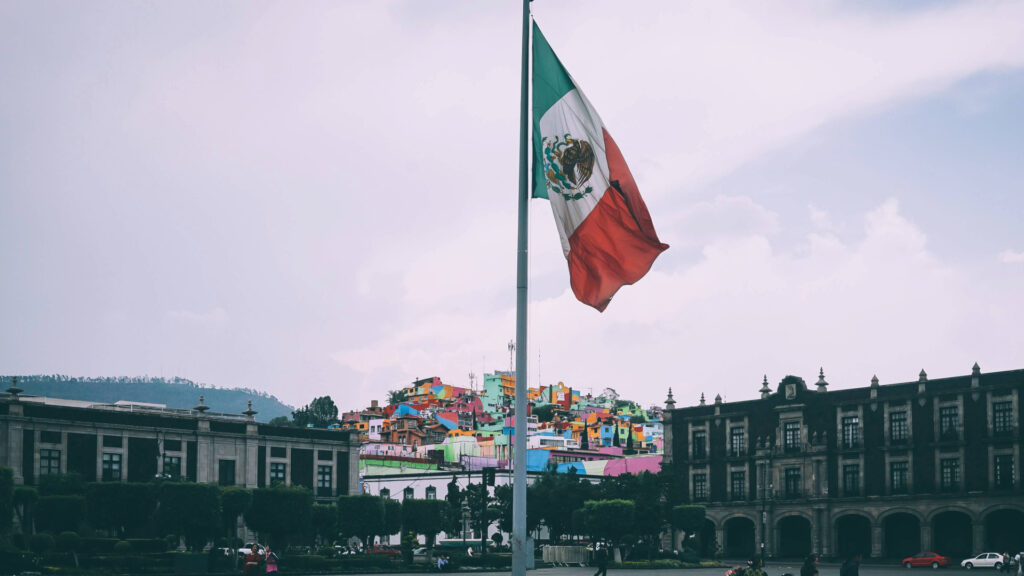
What Mexico’s stance is on this matter will influence the tone and direction of future interactions. The official statement of the embassy may give some insight into Mexico’s broader diplomatic strategy and its commitment to resolving the impasse.
Impact on Diplomatic Relations
The bilateral relationship between the two nations has been significantly impacted after the expulsion of the Mexican ambassador from Ecuador.

The relationship between these two is signaled to be deteriorating in diplomatic ties as there is an increase in the underlying tensions. Although the long-term impact of this diplomatic dispute remains uncertain, it could potentially affect cooperation on various fronts, including trade and security.
López Obrador’s Justification
López Obrador justified linking Villavicencio’s assassination to Ecuador’s electoral dynamics. This justification is related to his perspective on regional politics and media or news stories.
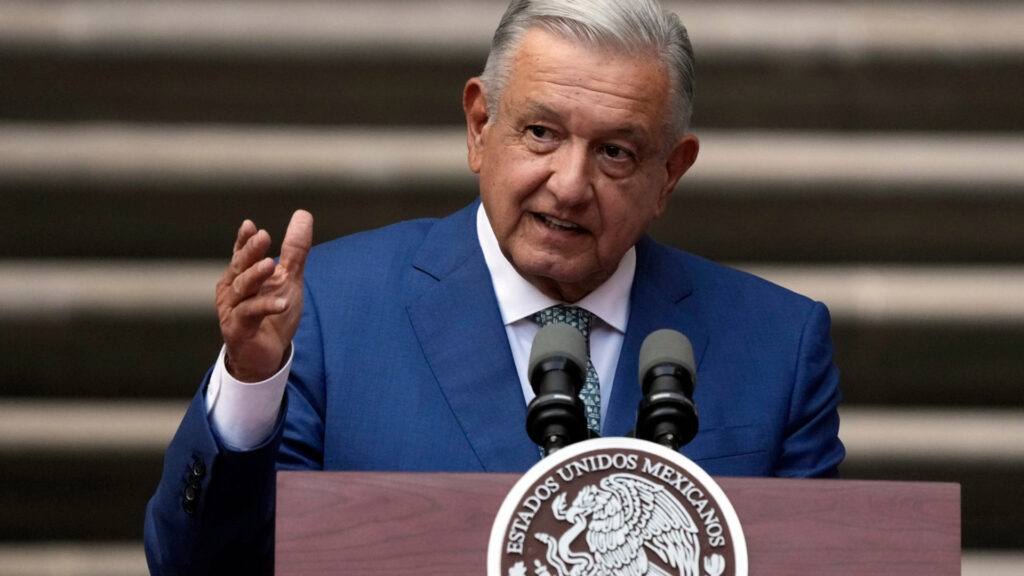
His statements shed light on the flaws in the electoral process as it raises concerns about democratic integrity. The Mexican President’s stance may resonate with his political base as he receives criticism from opponents and international observers.
Election Outcome and Political Landscape
The outcome of the elections in Ecuador, considering Daniel Noboa’s presidency, reflects the shifting political landscape in the country.

Noboa’s victory deviates from traditional political norms and signals a potential realignment of power. The results of the elections have implications for the country’s domestic governance as well as its role in regional affairs.
Assassination of Fernando Villavicencio
Fernando Villavicencio’s assassination has been engraved deeply in Ecuadorian society, highlighting the fragility of political stability and the democratic process.

Villavicencio’s murder further goes on the show the broader concerns about political violence and corruption. The investigation of his death remains ongoing, with implications for accountability and justice.
Ecuador’s Stance on Democracy and Security
The country’s response to Villavicencio’s assassination reflects its commitment to continuing democratic principles as well as ensuring security for its citizens.

The condemnation by the government for political violence portrays the importance of maintaining stability in the face of external threats. Ecuador’s devotion to international norms shows its determination to protect its democracy and promote peace.





GIPHY App Key not set. Please check settings